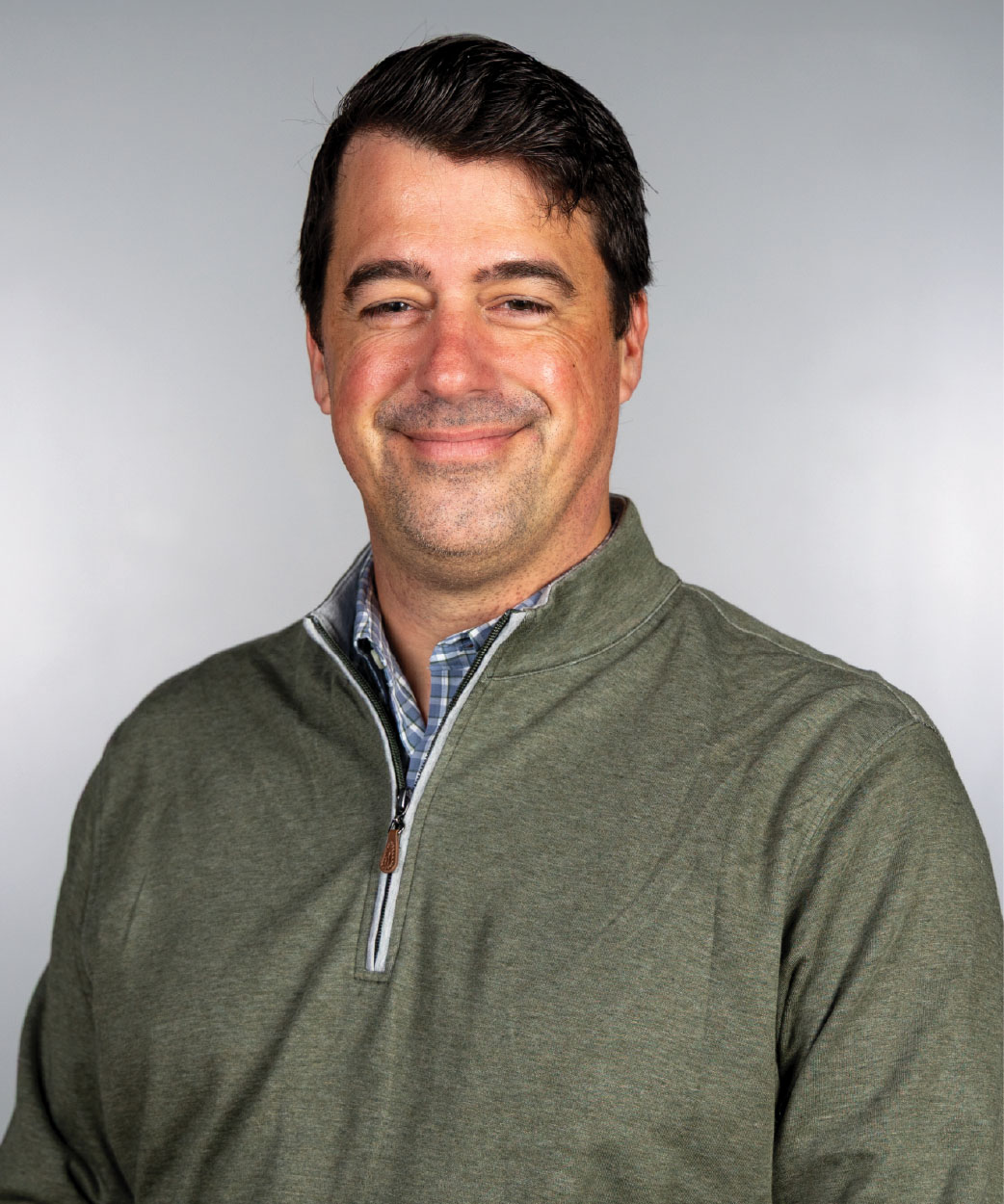College of Information and Communications
Faculty and Staff
Scott Parrott, Ph.D.
| Title: | Professor |
| Department: | School of Journalism and Mass Communications College of Information and Communications |
| Email: | scott.parrott@sc.edu |
| Office: | School of Journalism and Mass Communications 800 Sumter Street, Room 307 Columbia, SC 29208 |
| LinkedIn: | My LinkedIn profile |

Education
Ph.D., Mass Communication, University of North Carolina at Chapel Hill
Background
Before academia, Scott Parrott worked as a reporter and editor for the New York Times Regional Media Group in North Carolina and Alabama. He coordinated special projects, leading teams of journalists in producing stories about immigration, narcotics, mental health, and other issues.
Awards
- Research Award, Board of Visitors, College of Communication & Information Sciences, The University of Alabama (2023)
- Broadcast Educators Association Textbook Award (2021)
- Mass Communication & Society Research Award, AEJMC (2020)
- Anne Cooper-Chen Top Faculty Paper, Entertainment Studies Interest Group, AEJMC (2020)
- Teaching Excellence Award, Board of Visitors, College of Communication & Information Sciences, The University of Alabama (2016)
- Nafziger-White-Salwen Dissertation Award, AEJMC (2014)
Research
Parrott researches the role of the mass media in shaping beliefs, attitudes, emotions and behavior related to mental health. Parrott's research often focuses on two groups of high performers: military veterans and elite athletes. He published dozens of peer-reviewed research articles and book chapters on mental health and media. He co-edited a special issue of Mass Communication & Society dedicated to media effects on mental health.
Grants and Funded Research
Interactive narratives for mental health: Sharing stories of success. $35,000 grant awarded by the National Collegiate Athletic Association.
The downward spiral: Understanding motivations for social media use
and its depression-related cognitive and emotional outcomes. $10,000 grant awarded
by the Mass Communication & Society Division of the Association for Education in Journalism
& Mass Communication.
A Survey of Public Attitudes Toward Military Veterans. $25,000 awarded through the Research Grants Committee, The University of Alabama and the College of Communication & Information Sciences.
The Role of the Media in the Stigmatization of Mental Illness, $5,634 awarded by the University of Alabama Research Grants Committee.
Teaching
Parrott teaches professional courses in news reporting and writing. He teaches research courses in communication theory and research methods. Parrott stresses the importance of hands-on experience and reaching beyond students' comfort zones. His students have produced in-depth stories on immigration, food insecurity, prison life, childhood obesity, opioid addiction, and other important issues facing the American South.
Recent Publications
Parrott, S. (2025). The hero machine: How sports media build up – and tear down – elite athletes. New York: Peter Lang.
Parrott, S. (2023). Media and mental health: Using mass media to reduce the stigma of mental illness. New York: Peter Lang.
Billings, A. & Parrott, S. (2023). Head Game: Mental health in sports media. New York: Peter Lang.
Parrott, S. (2024). Media framing of student-athlete suicide: An examination of problems, causes, moral evaluations and treatment recommendations. Communication & Sport, 12(3), 511-529.
Parrott, S., Albright, D.L., & Eckhart, N.* (2021). Veterans and media: The effects of news exposure on thoughts, attitudes, and support of military veterans. Armed Forces & Society, 48(3), 503-521.
Service
Parrott founded the Veterans & Media Lab, which partners graduate students, faculty members, and military veterans on projects related to the military and media. He regularly reviews for publications such as Health Communication, Communication & Sport, Mass Communication & Society, and other journals. He is a member of the Association for Education in Journalism and Mass Communication, the International Communication Association, and the International Association for Communication and Sport.
Pronouns
he, him, his, himself